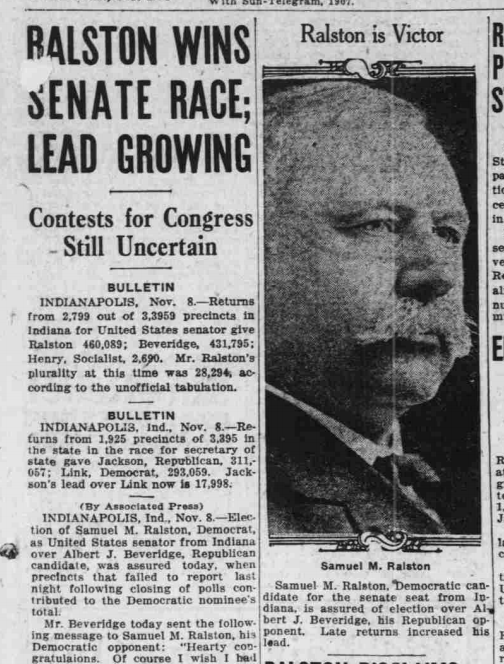The Indelible Ross Lockridges
Ross Lockridge Sr. and Jr. left an indelible mark on Indiana history through traditional history publications and fictional depiction. However, the father and son have yet to be cemented in the annals of state history. We hope to contribute to that reversal. The senior Lockridge was born in Miami County, Indiana in 1877 and went … Continue reading “The Indelible Ross Lockridges”

